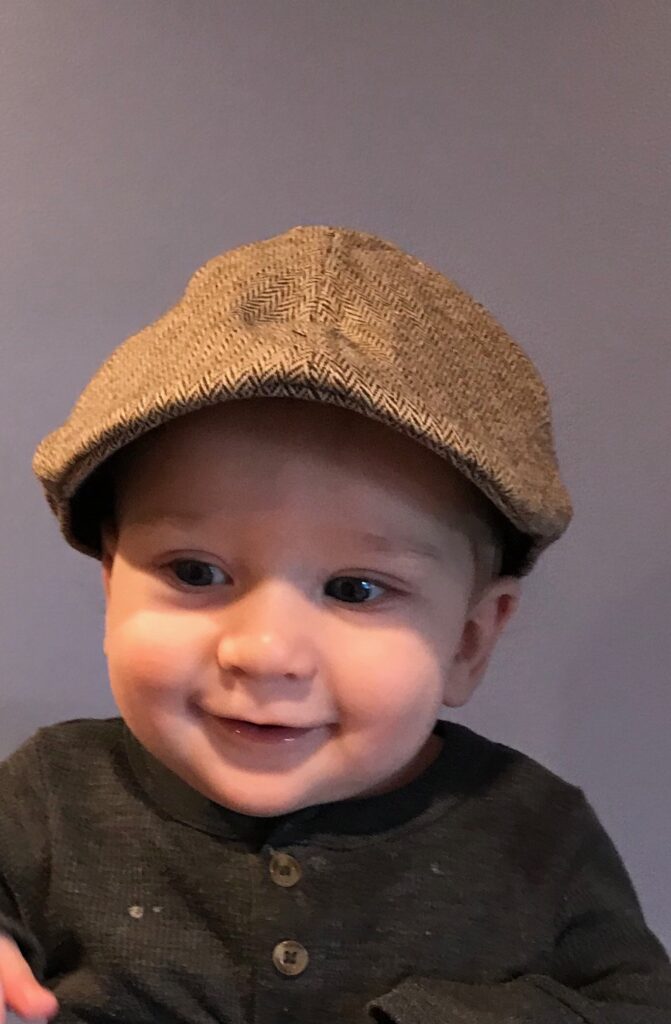
Have you ever experienced something you couldn’t explain, then try to figure it all out? As adults, I think that happens to us a lot. We have a hard time living with something that’s a mystery. Children, however, even though they often experience things they cannot explain, are often left with surprise and wonder. However, as adults we need to explain everything. We live in a culture that needs to know the whys and how of things. When we can’t explain something, we often simply discard whatever it is we are experiencing or contemplating. Unfortunately, I think this is the case with truth itself.
Not too long ago, it seems, we were much more familiar with recognizing when something was true, or it was false. For example, a mother could ask her child “Did you do your homework?” And the child himself knew, of course, whether he did or did not. When the case occurred that he did not do his homework, he found himself in an uncomfortable dilemma. If he answered his mother honestly and said he did not, he probably hesitated, aware there would be consequences. Therefore, it would be easier for him to simply say he did do it and he could free himself, temporarily, from this predicament. However, afterwards it would eventually come back to him, he had in fact lied to his mother, and the interior unease would return. The interior wrestling that would follow, and how he dealt with it, would set a direction for the young one that would build in the weeks and even years ahead. By telling the truth now he would be restoring his respect and love for his mother by confessing his lie and he would be forming his inner self, his conscience, which would strengthen him to deal with future similar dilemmas. However, to allow the lie to exist, without a remedy, he would weaken his inner strength making the next encounter with a similar dilemma easier to follow the same course. Without breaking this habit, nipping it in the bud, it would make him easier to lie in the future, since the courage needed to face the inner unrest of conscience would lessen over time. The voice of his conscience would become mute, and the inner turmoil would be buried deep inside the heart.
In our present society and culture, truth and truthfulness seem to have vacated our human lives and our experiences with one another. Even the concept of truth and the use of language that couches lies under a blanket of words seems to be more and more the norm for us. The sensitivity of children is lost to us. Truth itself is being discarded for the sake of protecting ourselves, mostly for our own gain. Our lack of courage and interior strength greatly weakens us against the difficult realities of life. We often retreat and make excuses for our hardships and mistakes that we would rather not have to face.
To make a turnaround is far from an easy task. We cannot do it alone. Living in a community that values the reality of truth is a beginning. Truth really is something divine. Seeking truth and becoming truthful, while seeking inner healing can only come from God. There is no other way of expressing it. Truth is and always has been a building block upon which our human nature matures and our relationship with others grows and becomes stronger. Like the boy in the example above, without being truthful we are apt to become more and more lonely. It is said that loneliness is one of the major complaints of our young adults today. Whether we believe in God or not, it is never too late to seek Him, asking Him to reveal Himself to us. He alone has the power to restore our inner selves, and to help us once again discover the beauty, the childlikeness and the power of truth and truthfulness.
